Asian nuts have a rich history and diverse array of offerings that cater to a wide range of palates and preferences. From savory to sweet, crunchy to creamy, these delicious treats have been enjoyed for centuries and continue to captivate the taste buds of people around the world. In this article, we will explore the fascinating world of Asian nuts, covering their origins, flavors, and culinary uses. One of the most popular Asian nuts is the cashew. Known for its buttery texture and mild flavor, cashews are a versatile ingredient used in both sweet and savory dishes. Whether roasted and sprinkled on top of a salad, ground into a creamy cashew butter, or tossed in with stir-fried vegetables, cashews add a delightful crunch and nutty richness to any meal.
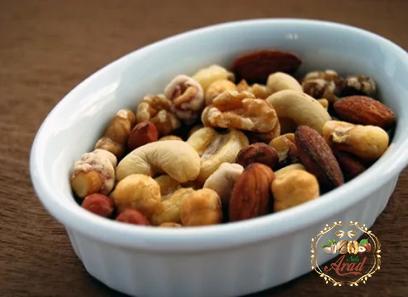
.
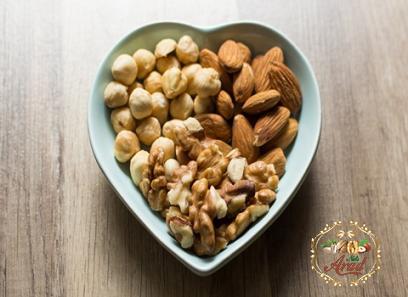 For those looking to add a touch of spice to their culinary creations, Asian nuts like peanuts and walnuts are excellent choices. Peanuts are a staple in Asian cuisine, used in dishes ranging from stir-fries and noodle dishes to sauces and desserts. Their rich, nutty flavor and satisfying crunch make them a popular choice for adding depth and texture to a wide range of recipes. Walnuts, on the other hand, are known for their robust flavor and distinct shape. They can be enjoyed raw or toasted, chopped or whole, and are often used in baking to add a nutty crunch to cakes, cookies, and bread. Walnuts are also a fantastic addition to salads, providing a savory counterpoint to sweeter ingredients like fruits and dressings.
For those looking to add a touch of spice to their culinary creations, Asian nuts like peanuts and walnuts are excellent choices. Peanuts are a staple in Asian cuisine, used in dishes ranging from stir-fries and noodle dishes to sauces and desserts. Their rich, nutty flavor and satisfying crunch make them a popular choice for adding depth and texture to a wide range of recipes. Walnuts, on the other hand, are known for their robust flavor and distinct shape. They can be enjoyed raw or toasted, chopped or whole, and are often used in baking to add a nutty crunch to cakes, cookies, and bread. Walnuts are also a fantastic addition to salads, providing a savory counterpoint to sweeter ingredients like fruits and dressings.
..
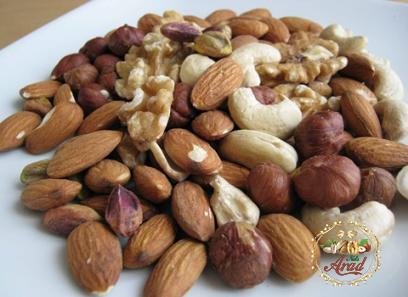 Macadamia nuts are a great source of monounsaturated fats and are associated with improved heart health and reduced inflammation in the body. Chestnuts are low in calories and fats, making them a healthy choice for those looking to manage their weight or maintain a balanced diet. Peanuts are an excellent source of plant-based protein, making them a valuable addition to vegetarian and vegan diets. Walnuts are known for their high omega-3 fatty acid content, which is important for brain health, reducing inflammation, and supporting heart health. Including walnuts in your diet may also help lower cholesterol levels and reduce the risk of heart disease.
Macadamia nuts are a great source of monounsaturated fats and are associated with improved heart health and reduced inflammation in the body. Chestnuts are low in calories and fats, making them a healthy choice for those looking to manage their weight or maintain a balanced diet. Peanuts are an excellent source of plant-based protein, making them a valuable addition to vegetarian and vegan diets. Walnuts are known for their high omega-3 fatty acid content, which is important for brain health, reducing inflammation, and supporting heart health. Including walnuts in your diet may also help lower cholesterol levels and reduce the risk of heart disease.
…
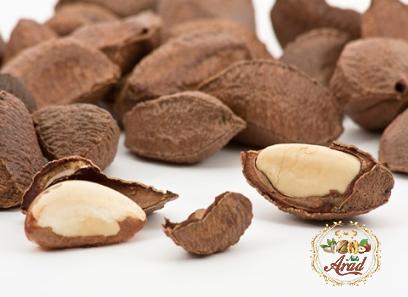 When it comes to cooking, Asian nuts add depth, flavor, and texture to a wide range of dishes. From salads and stir-fries to baked goods and sauces, nuts can take your culinary creations to the next level. Toasting nuts before using them in recipes enhances their natural oils and intensifies their flavor, creating a rich and aromatic addition to your dishes. Whether you’re a fan of traditional Asian cuisine or looking to explore new flavors and ingredients, Asian nuts offer a delicious and nutritious way to elevate your cooking. So next time you’re shopping for groceries, be sure to pick up a variety of Asian nuts and get creative in the kitchen. Your taste buds and your body will thank you for it.
When it comes to cooking, Asian nuts add depth, flavor, and texture to a wide range of dishes. From salads and stir-fries to baked goods and sauces, nuts can take your culinary creations to the next level. Toasting nuts before using them in recipes enhances their natural oils and intensifies their flavor, creating a rich and aromatic addition to your dishes. Whether you’re a fan of traditional Asian cuisine or looking to explore new flavors and ingredients, Asian nuts offer a delicious and nutritious way to elevate your cooking. So next time you’re shopping for groceries, be sure to pick up a variety of Asian nuts and get creative in the kitchen. Your taste buds and your body will thank you for it.




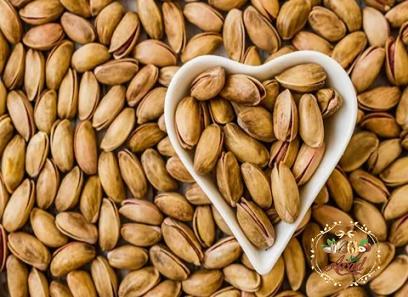
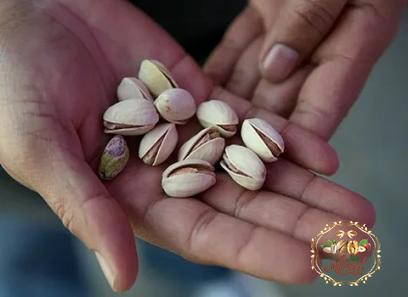



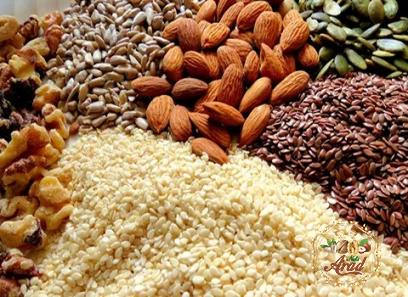
Your comment submitted.